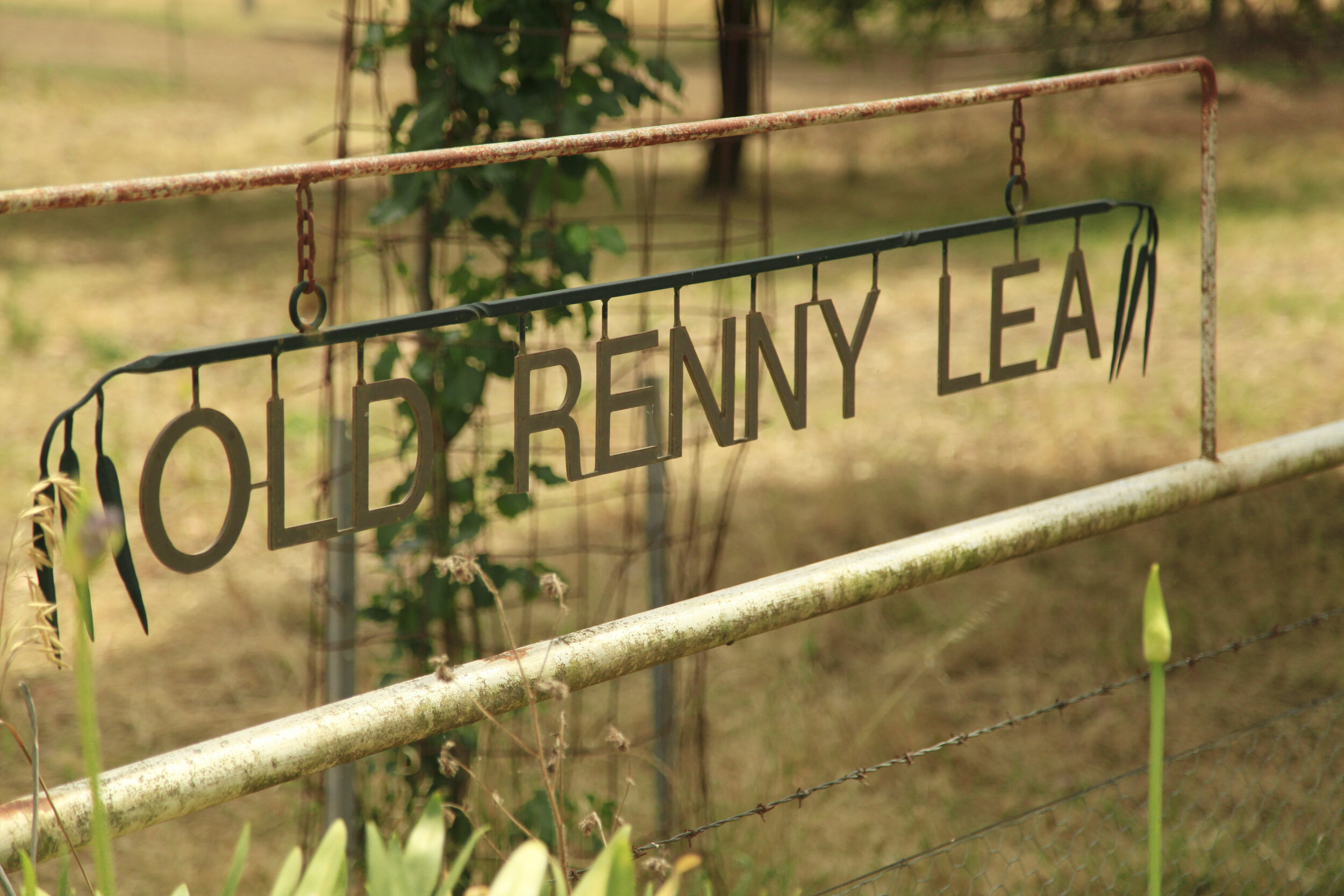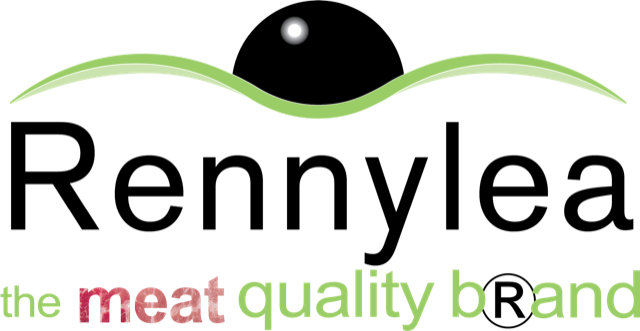
Environmental Goals
We are an intergenerational family business focussed on a ‘long view’, to enable the family to farm into the future. Our management for sustainability is at the heart of all we do with a focus on the people, the environment, the animals and the business.
A Long Term Endeavour
We are an intergenerational family business focussed on a ‘long view’, to enable the family to farm for the future. In 1989 Lucinda founded her local Landcare Group in the Bowna/Wymah Valley which ran on a voluntary basis for 20 years until it was folded into the regional Holbrook Landcare Network. This commenced a continual body of work; tree planting, protecting waterways, encouraging small birds back into the landscape, preventing wind and water erosion.
It has been a great journey of community learning, of working out how to manage the landscape more softly in a drying climate, of protecting hill country during the dry autumns and maximising dry matter production on better country in the spring.
Since 1990 we have planted more than 100,000 indigenous trees to improve our landscape, remove pressure on waterways, control erosion and provide shelter for livestock. We also plant deciduous trees along roads and laneways, notably oaks to enhance the visual landscape.
We have initiated and collaborated with major research projects such as Evergraze a $33m investment between the dryland Research and Development Corporations to improve the management of grazing systems. The integration of herbaceous and woody perennials through pastures and trees, the improved understanding of soil fertility, acidity and soil health and the management of nitrogen in the grazing system are individual parts of this continuing work. Recently we have collaborated in a three year Dung Beetle project and are collecting data to improve the description of cow efficiency.






Our Carbon Neutral Goal
In 2017 the Australian Red Meat industry announced a goal to be carbon neutral by 2030. This is a highly ambitious goal, influenced by international protocols and the calculation of Australia’s national accounts.
At Rennylea we have audited our emissions a number of times since 2012. We have set our goal to achieve carbon neutrality through improving productivity and the adoption of new technologies, particularly with genomic tools. Additionally through mitigating enteric methane emissions via tree plantations. (graphic of emissions profile).
To maintain the cowherd during severe droughts we are fine tuning a model of sustainable intensification. State of the art facilities, new feeding systems and continuing tree planting are part of this model. Our next step is to fine tune our ESG reporting, to improve the material issues in Rennylea’s environmental, social and governance framework.
We are guided through this work with independent experts, Dr. Steve Weidermann and his team from Ag Integrity and the Greenhouse Gas Accounting tool from the Primary Industries Climate Challenges Centre at the University of Melbourne.
Steve says “Weight for age is everything, reaching target weights in minimum time.” We have taken that advice and taylored a fast growing, moderate maturity pattern to reach sale weights with high quality meat.

